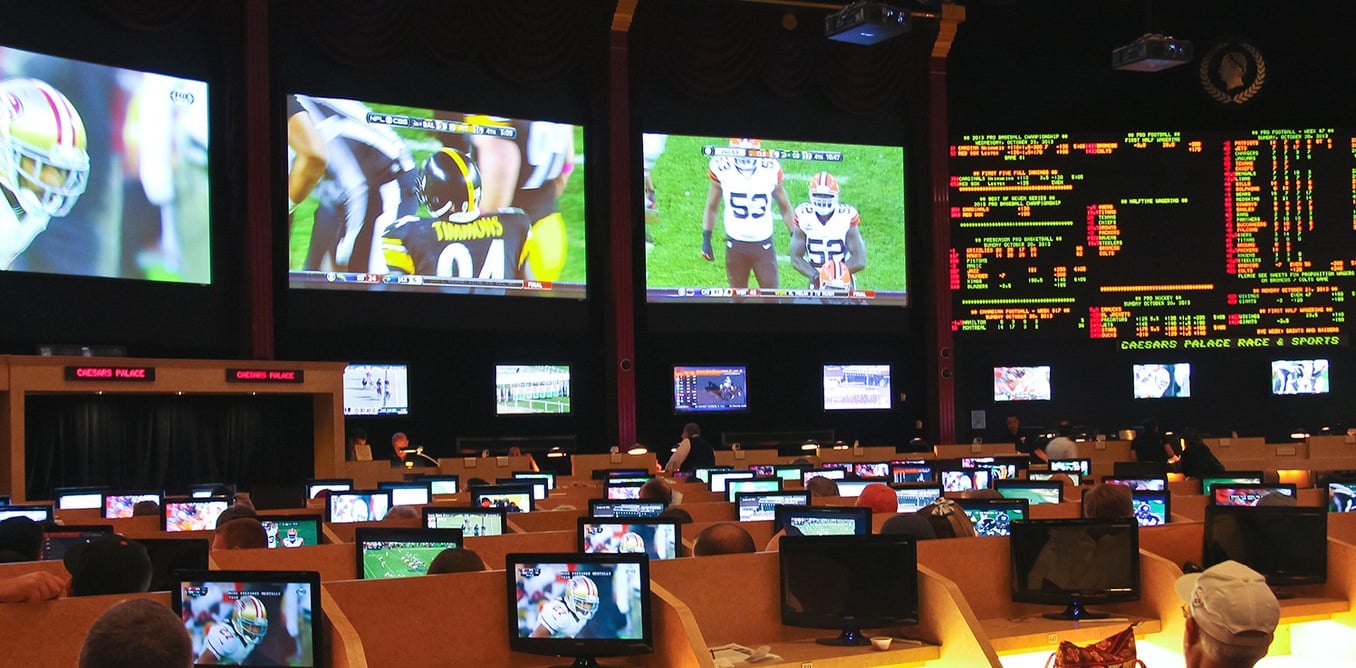Nov 04, 2020 Wagering on pro and college sports became legal in September of 2019 with both mobile and in-person betting permitted at multiple locations. Sports betting does not sound close to becoming a reality anytime soon, as there are a number of factors working against it. Gambling is legal at the state’s tribal casinos and pari-mutuel. Aug 09, 2018 In May 2018, sports betting in the United States became legal, subject to state regulation as opposed to a federal ban before the Professional and Amateur Sports Protection Act of 1992 was finally overturned. Legal sports betting returned to Oregon on Aug. 27 after a long hiatus, with the first bets booked on-site at the Chinook Winds Casino Resort in Lincoln City. Oregon is one of a small number of. Online sports wagering was a late addition to the legal sports betting market, having launched in the last days of May 2019. Rhode Island Online sports wagering is not yet legal in the state, however, and the monthly revenue figures will reflect that until the legislature decides to move forward with a plan to roll out such a product.

Legal Sports Betting Map
No, sports betting in Florida is not legal at this time.
Sports betting in Florida

Sports betting does not sound close to becoming a reality anytime soon, as there are a number of factors working against it.
Gambling is legal at the state’s tribal casinos and pari-mutuel facilities. The Seminole Tribe of South Florida has operated several brick-and-mortar casinos, paying a flat fee to the state in revenue. However, horse racetracks and jai-alai frontons were greenlighted for another form of gambling, designated player card games, sometimes resulting in wagering up to $50,000 per hand. The Seminole Tribe was unhappy that they did not have exclusivity to table-game wagering and balked at paying money back to the state.
Negotiations have been underway to make the Seminole Tribe, the pari-mutuel facilities and Republican Governor Ron DeSantis all happy. While Gov. DeSantis has been reluctant to expand gambling in the state, legislators have been working on a deal that would make the tribal casinos a hub for sports betting. This would essentially mean the tribal casinos would get a percentage of the overall gambling revenue made even outside of their facilities. The sticking point might be if the Seminole Tribe only wants sports betting at their brick-and-mortar facilities, completely shutting out the racetracks, jai-alai frontons, etc.
Legal Sports Betting Il

Another obstacle might be the voters themselves. While a deal could be hammered out to make please everyone, a ballot initiative passed by voters in 2018 required any gambling expansion outside of the tribal casinos and the lottery required to be initiated by the voters, not the state legislature.
As mentioned above, legalizing sports betting in the state doesn’t seem to be close at this point.
Legal Sports Betting States
Online sportsbooks in Florida
None.
Retail sportsbooks in Florida
None.
For more sports betting information and betting tips, visit SportsbookWire.com. And follow @SportsbookWire on Twitter and on Facebook.